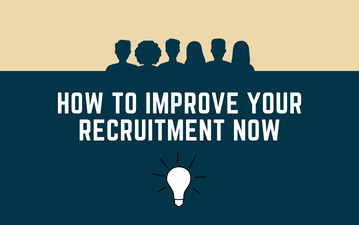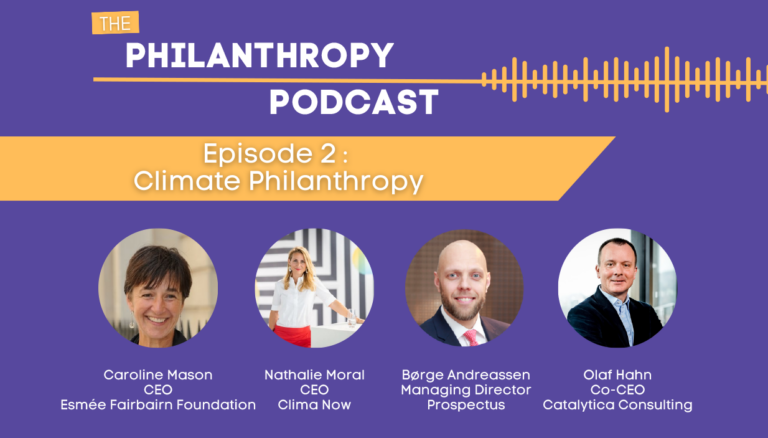How to improve your recruitment now
The Pro Bono Economics analysis for the new Commission report showed four in five charities are struggling to recruit right now. The pandemic and recovery, the cost of living crisis, and the uncertainty around job security can be felt across the sector; all these factors are contributing to making the recruitment market that bit more challenging to navigate.
Our experienced recruitment leaders, who hold over 100 years of recruitment experience, have a unique overview of the sector. So, we wanted to share their perspective on what difficulties and opportunities you might face in recruitment right now. Although we can’t fix the root causes, we have adapted and changed the way we work, and you can too. We aim to ensure the engagement between candidates and clients is positive and ultimately both parties feel that they are as secure as they can be.
Below you’ll find some of the approaches and advice we are sharing daily when we provide recruitment support to the sector and connect people with purpose.
The role of salary
We are fortunate to work in a sector where we support caused-focused organisations and this is often a key motivator to candidates when they decide on their next step. Although always important, we are now seeing an increased emphasis on the salary level needed to justify the move. This is framed within the context of the rising costs and uncertainty in the year ahead. A sideways step for the same or lower salary to support a cause close to their heart is becoming a little less common right now. This situation is compounded by the significant investment the commercial sector has been able to provide in retaining and attracting talent, thus slowing the commercial to not profit transition.
Beyond the salary
We recognise that funds are limited and increasing pay is more complicated, especially when considered within an existing pay framework. Although salary is important, it has to be considered alongside the cause, the culture, the commitment to EDI and flexible ways of working which continue to be of significant importance to candidates. Anything you can do to ensure confidence and engagement in these areas will enhance your ability to make job seekers feel secure and comfortable to make the move. We recently shared what organisations can do to increase the appeal of a role, if they are not in a position to increase the salary, you can read more on that here.
The use of fixed-term contracts
Staying on the trend of ensuring security. With the level of market volatility and number of permanent opportunities – temporary work in the traditional form has become exceptionally competitive as candidates invest their time in the longer-term opportunities out there. When considering a shorter-term solution to support your organisation, we would recommend utilising short-term contracts between 2-6 months. We are finding that they are attracting greater candidate engagement as they offer the candidate more security whilst also offering the client better levels of commitment for a set time.
Best recruitment practice
Finally, once you have identified the best approach for your role, good solid recruitment practice is more important than ever. Throughout your hiring process, you want to send the signal that you are a communicative organisation and well organised, ensuring timely review of applications, informing all candidates of declines or progress and guaranteeing a smooth interview and decision journey to be the most successful you can be. Remember the process is the first real engagement with your culture, cause and commitment to EDI the candidate will have.
We have a handy checklist to ensure your process is the best it can be, which you can download here.







